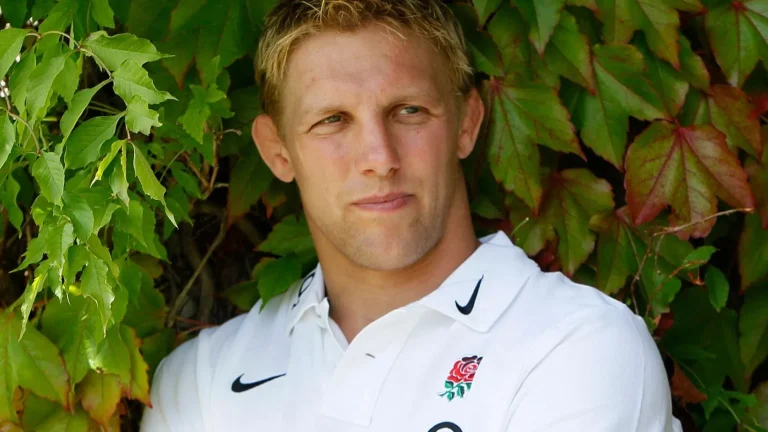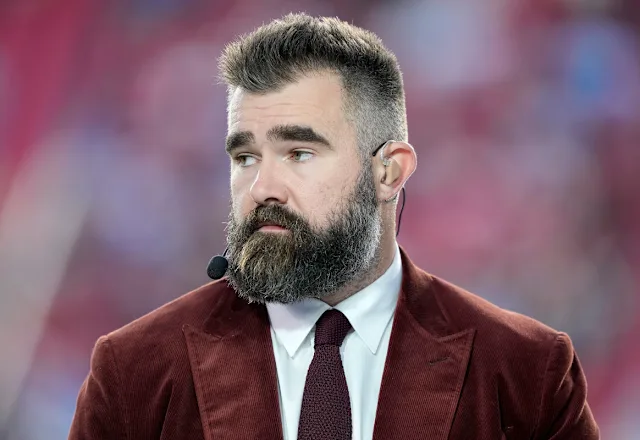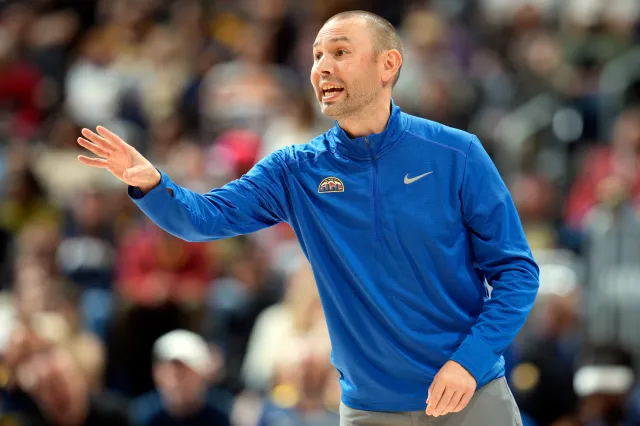Lewis Moody’s story begins in Ascot, Berkshire, where a five-year-old boy first discovered rugby among the Bracknell Minis. In a town known more for horse racing than rucks and tackles, Moody’s passion took root. His parents nurtured his spirit without pushing fame — a foundation that bred humility and discipline.
At Oakham School, Moody found both challenge and purpose. Switching from centre to flanker, he carved a name as a relentless tackler, earning the moniker “Mad Dog” for his fearless energy. Quietly, he was already battling ulcerative colitis — a private struggle that deepened his resilience. His later years at De Montfort University refined his leadership and tactical thinking, creating the dual identity that would define him: athlete and strategist.
Quick Facts
| Category | Details |
|---|---|
| Full Name | Lewis Walton Moody MBE |
| Date of Birth | 12 June 1978 (Age 47) |
| Place of Birth | Ascot, Berkshire, England |
| Nationality | British (English) |
| Education | Oakham School; De Montfort University (Business Administration) |
| Spouse | Annie Bowness (m. 2006) |
| Children | Dylan (16), Ethan (14) |
| Occupation | Former Professional Rugby Player, Motivational Speaker, Performance Coach |
| Major Teams | Leicester Tigers, Bath Rugby, England National Team |
| International Caps | 71 |
| Major Titles | 2003 Rugby World Cup, 2× Six Nations, 7× Premiership titles, 2× Heineken Cups |
| Honours | MBE (2004) |
| Net Worth (2025) | Estimated £1–2 million |
| Foundation | Lewis Moody Foundation (est. 2011) |
| Health | Diagnosed with Motor Neurone Disease (2025) |
Early Career: Grit in the Tigers’ Den
At just 18, Moody joined Leicester Tigers in 1996 — the youngest player to debut for the club. The Premiership was a proving ground of bruises and brilliance, where survival meant heart over hype. Under coach Bob Dwyer and surrounded by legends like Martin Corry and Neil Back, Moody learned that respect wasn’t granted — it was earned one ruck at a time.
His early years were a storm of progress and pain. A 1997 try against Gloucester marked his arrival, but injuries repeatedly sidelined him. Yet every return proved his grit. By 2001, he’d fought his way into the England squad, debuting against Canada — a moment that set him on a collision course with greatness.
The Glory Years: World Champion and England’s Iron Flanker
Moody’s defining moment came in Sydney, November 2003, when England lifted the Rugby World Cup after Jonny Wilkinson’s legendary drop goal. Moody’s tenacity at the breakdown helped shape that triumph — an unsung engine powering the squad’s historic victory.
Across his 71 caps, Moody became England’s heartbeat — not always the loudest, but always the most relentless. His trophy cabinet mirrors his discipline:
- 🏆 2× Six Nations Champion (including the 2003 Grand Slam)
- 🏆 7× Premiership Titles
- 🏆 2× Heineken Cups
- 🏅 MBE (2004)
He also captained England through turbulent transitions, shielding teammates and shouldering criticism with dignity. His 2011 autobiography Mad Dog: An Englishman peeled back the armour, revealing a man driven by quiet fire rather than fame.
Beyond the Pitch: Speaker, Coach, and Advocate
After retiring in 2015, Moody seamlessly transformed into a motivational speaker and performance coach, sharing lessons on teamwork, mental toughness, and leadership. Collaborations with brands like Bremont and appearances on Sky Sports showcased his charisma and insight.
But his greatest post-rugby legacy came through the Lewis Moody Foundation, established with his wife Annie in memory of teenage fan Joss Rowley-Stark, who died from a brain tumour. Since 2011, Moody’s fundraising treks — from Sahara crossings to Arctic rows — have raised over £2 million for brain tumour research and family support.
Personal Life: The Family Behind the Legend
Moody’s heart belongs to Annie Bowness, his wife since 2006 and creative partner in every sense. Their home in Bradford-on-Avon, Wiltshire, is a hub of laughter, family hikes, and grounded living. Sons Dylan and Ethan embody their father’s spirit — one chasing football dreams, the other exploring creativity at home.
Despite fame, Moody’s values never wavered. Friends call him “the same bloke off-camera” — humble, humorous, and fiercely devoted. When he announced his MND diagnosis in 2025, it wasn’t met with pity but profound admiration for his courage and advocacy.
Net Worth and Ventures
As of 2025, Lewis Moody’s net worth is estimated between £1–2 million. His income stems from:
- Rugby salaries during his 15-year career (approx. £150,000 per year at peak)
- Endorsements with Volkswagen, Bremont, and RFU initiatives
- Speaking engagements (£5,000–£10,000 per event)
- Select property investments around the Avon Valley
Despite business setbacks — including a property loss he candidly discussed — Moody remains grounded. His philosophy: “Wealth isn’t what you keep; it’s what you give back.”
Facing MND: Strength in Vulnerability
In October 2025, Moody revealed his motor neurone disease diagnosis, facing the illness with the same defiance that defined his rugby career. Supported by Annie and their sons, he continues to campaign for awareness and early research funding, turning personal adversity into collective purpose.
Fans, teammates, and the entire rugby world rallied behind him, sharing tributes that framed Moody not just as a warrior, but as an example of unbreakable grace.
Legacy: The Eternal “Mad Dog”
Lewis Moody’s story transcends sport. From muddy school pitches in Berkshire to the bright lights of Twickenham and the quiet courage of hospital corridors, his journey defines resilience. His leadership reshaped English rugby; his philanthropy reshapes lives.
Even as his physical battles evolve, Moody’s message remains clear — “Never back down.” That ethos now inspires not just players, but anyone facing their own storms. The roar of stadiums may fade, but the echo of his example will never die.
Lewis Moody isn’t just a former England captain. He’s a living testament to endurance, compassion, and courage. Whether lifting a World Cup or confronting MND, his story reminds us that true legends never stop fighting — they just find new arenas to win in.








